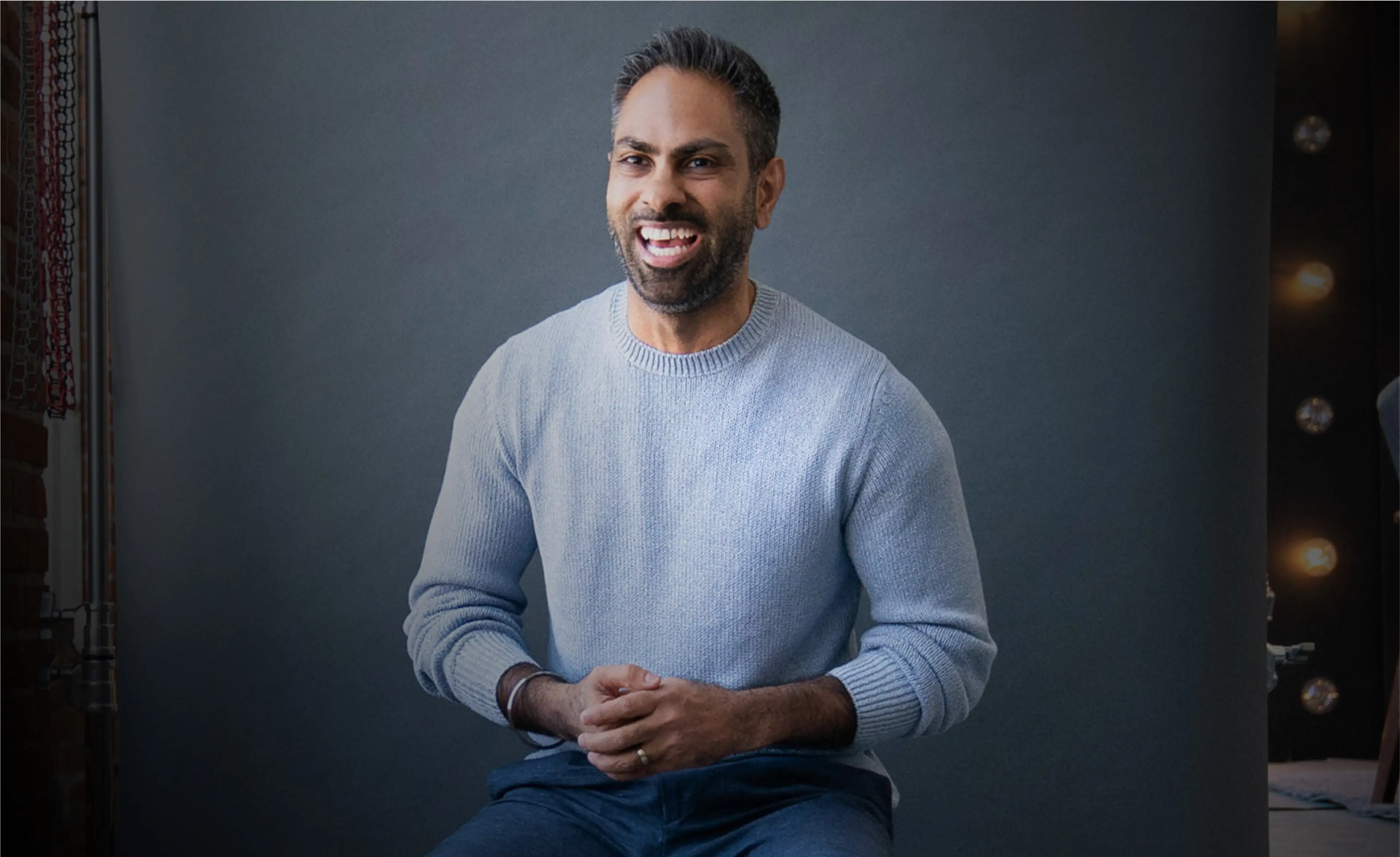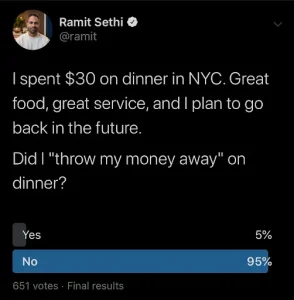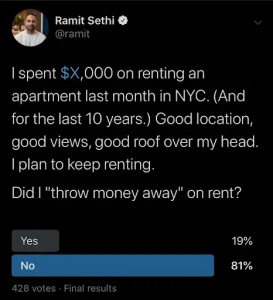Welcome
- Netflix “How to Get Rich” Host
- New York Times Bestseller
- 20+ Years Personal Finance Expert
- Founder of "I Will Teach You to Be Rich"
- Stanford Graduate

One of the biggest myths about money is that if you rent, you’re a loser, and buying a house is the best investment. The propaganda around real estate can be extremely harmful and can lead you to buy for the wrong reasons.
Even worse, it can cause you to get a mortgage you can’t afford. But this doesn’t just happen because of societal pressure. It’s also because most people don’t know how to run the numbers, what they can afford, and how to save properly for a house.
Buying a house is one of the biggest purchases of your life. When done the right way, it can be extremely rewarding! So I want to walk you through how to do it. By the end of this guide, you’ll be able to answer all of these questions:
- Will I live here 10+ years
- Is my total housing cost lower than 28%?
- Have I saved 20% for a down payment?
- Am I ok if the value of my house goes down?
- Am I excited about buying?
Step 1: Be aware of the myths & propaganda
Buying a house is often not a carefully measured purchase. Instead, it’s a decision based on propaganda and myths.
The reasons we’re starting here is because myths around buying a house are so heavily seeped into our culture that almost everyone believes they’re true. This has caused so many people to buy a home when they’re not ready or when it’s not the right choice for them.
If you’re considering buying a house, the first thing to do is unlearn these myths.
MYTH: Renting a house means you’re just paying your landlord’s mortgage
Almost everyone thinks being a landlord works like this: a landlord owns a place that costs them about $1,000 a month, they add on 10% — and laugh all the way to the bank:
This is untrue.
Your landlord can only charge you what the market will bear. That means sometimes the rent you pay is more than their expenses, and many times, it’s not.
This myth has led to so many people rushing into buying a house because they think someone else is getting the better end of the stick.
MYTH: If you’re paying rent, you’re throwing money away
I posted these questions on Twitter. What do you notice?


Virtually everyone agreed that when I paid for dinner, it was worth it. But when I said I rented an apartment, suddenly many more people thought I “threw money away on rent.”
But when I pay rent, I have a roof over my head, a great view, and a home to lay my head.
When you pay rent, you’re paying for value. When you spend money at a restaurant, you’re paying for value. The same concept applies when you pay for essentially anything. It’s as simple as that. You’re not throwing money away if you rent.
MYTH: Housing prices will keep going up
It’s a common belief during times of mania that rising prices will sustain themselves forever.
It happened during ‘99, during ‘06 and ‘07, and again during 2020, ‘21, and ‘22 where people say, “Oh my god, housing is going to be this expensive forever. Crypto is going to go up 10,000% forever.”
That almost never happens. It mathematically cannot sustain itself.
(By the way, the same goes for rent! Rent doesn’t just go up—it also goes down. Again: landlords can’t just charge what their costs are. They can only charge what the market will bear. Sometimes this means lowering rent.)
You should always have a financial plan that tells you how much money you need to save and invest and how you’re using your money to create a Rich Life. And you also should be aware of what’s going on in the world.
If you’re thinking of buying a house when prices are high, I’d wait for housing prices to drop and then make a decision based on whether or not you can afford it.
MYTH: Buying a house is always a great financial investment
Buying a house doesn’t always equal building wealth. The pricing of your house might not go up. If it does, then great!
But it often takes YEARS to build any meaningful equity. And maybe, once you factor in Phantom Housing costs (down payment, maintenance, taxes, etc.), you could’ve gotten a much better return in a simple S&P index fund.
Buying a house isn’t guaranteed to be a great investment. That’s why I always say, if you choose to buy, you should also be OK if the value of your house goes down.
People have lots of opinions on buying a house. They think what they’re spewing out is truth. It’s not. Don’t take everything you hear about buying a house at face value. Commit these myths to memory. You might hear them on Reddit, Instagram, from family members, from friends… and it’s easy to be convinced! Remember these myths and why they’re untrue, and you’ll be much more likely to make a choice that’s right for you.
Step 2: Figure out if buying a house is part of your Rich Life
Now that you’re aware of the myths and propaganda, you’re in a much better place to make your own decision. Instead of listening to what everyone around you is parroting, you can decide what YOU want and what makes sense for YOU.
I encourage you to really take some time to decide if buying a house is right for your current season of life and is part of your Rich Life.
What is your Rich Life?
A Rich Life is your ideal life — one where you look at your personal relationships, your finances, and your ordinary days and say, “Wow, I love this!”
Your Rich Life is YOURS. Not your parents’, not your friends’. Not even mine. Yours.
It’s a life that is full. A life lived intentionally, proactively, and abundantly.
Let’s go more into detail about what a Rich Life can be:
Is buying a house part of your Rich Life? And is it part of your Rich Life in your CURRENT life season?
Buying a house is a financial decision AND a lifestyle decision. It might not be the right choice for you NOW — but maybe it will be right for you in another season of your life (or once you’ve saved enough to afford it).
Here are some good reasons to buy a house:
- You have kids and you want to stay in your area, school district, and build memories in the same house for at least 10 years
- Your parents are moving in with you
- You want to design a house together with your spouse
- You love repairing and tinkering with a house and making it your own
- You just want to!
Notice what’s not on the list: “You need the price of the house to go up.”
I’ll repeat myself again: buying a house doesn’t always mean building wealth. So this should not be part of your decision process. Buy for the right reasons.
Answer the two financial questions below. If your answer is “yes” to both, then you’re in good shape to buy.